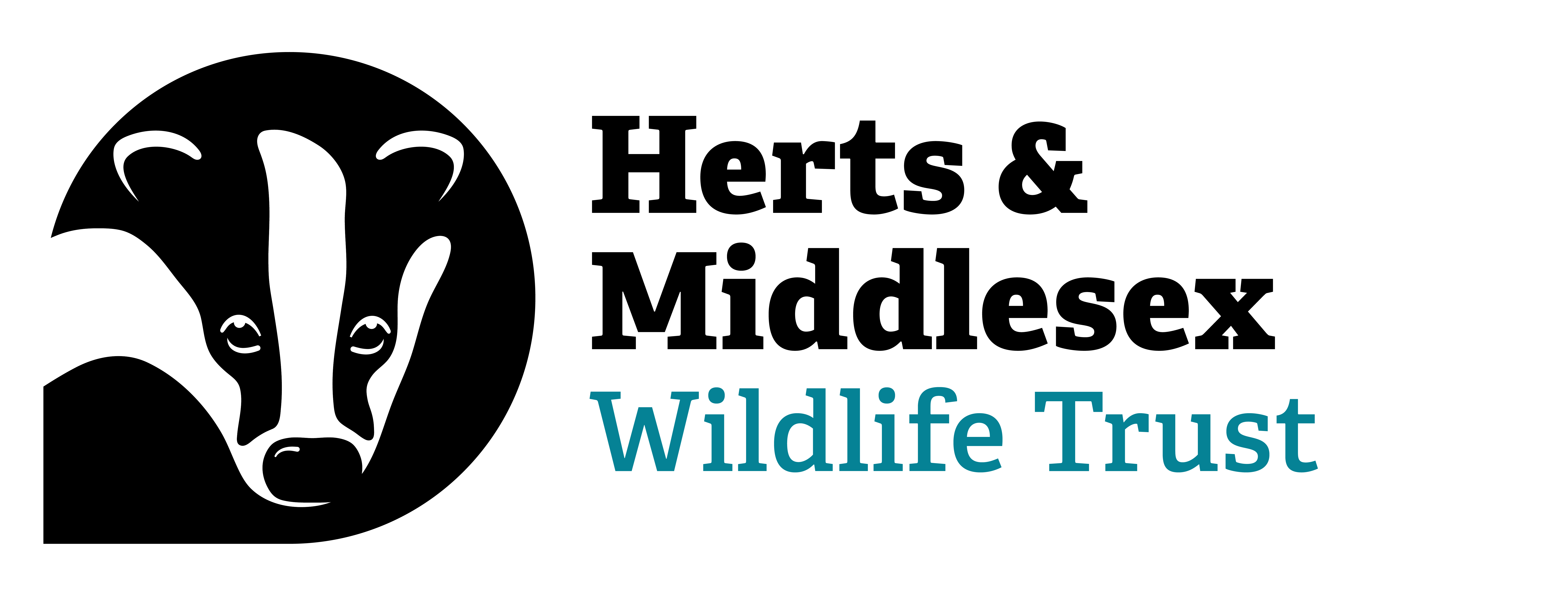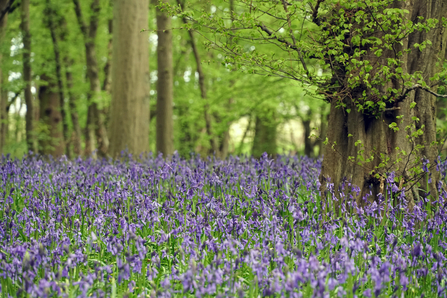Herts and Middlesex Wildlife Trust is urging dog owners to keep their pets on short leads now that wildflowers are shooting, birds are nesting, species are emerging from hibernation and to protect grazing livestock.
Experts say loose dogs are one of the biggest causes of wildlife disturbance – this is particularly problematic when species are vulnerable either on or near the ground. Bluebells are a case in point – many people enjoy the spectacle of visiting woodlands carpeted blue but these delicate wildflowers can be damaged by dogs, as well as humans, trampling on them.

